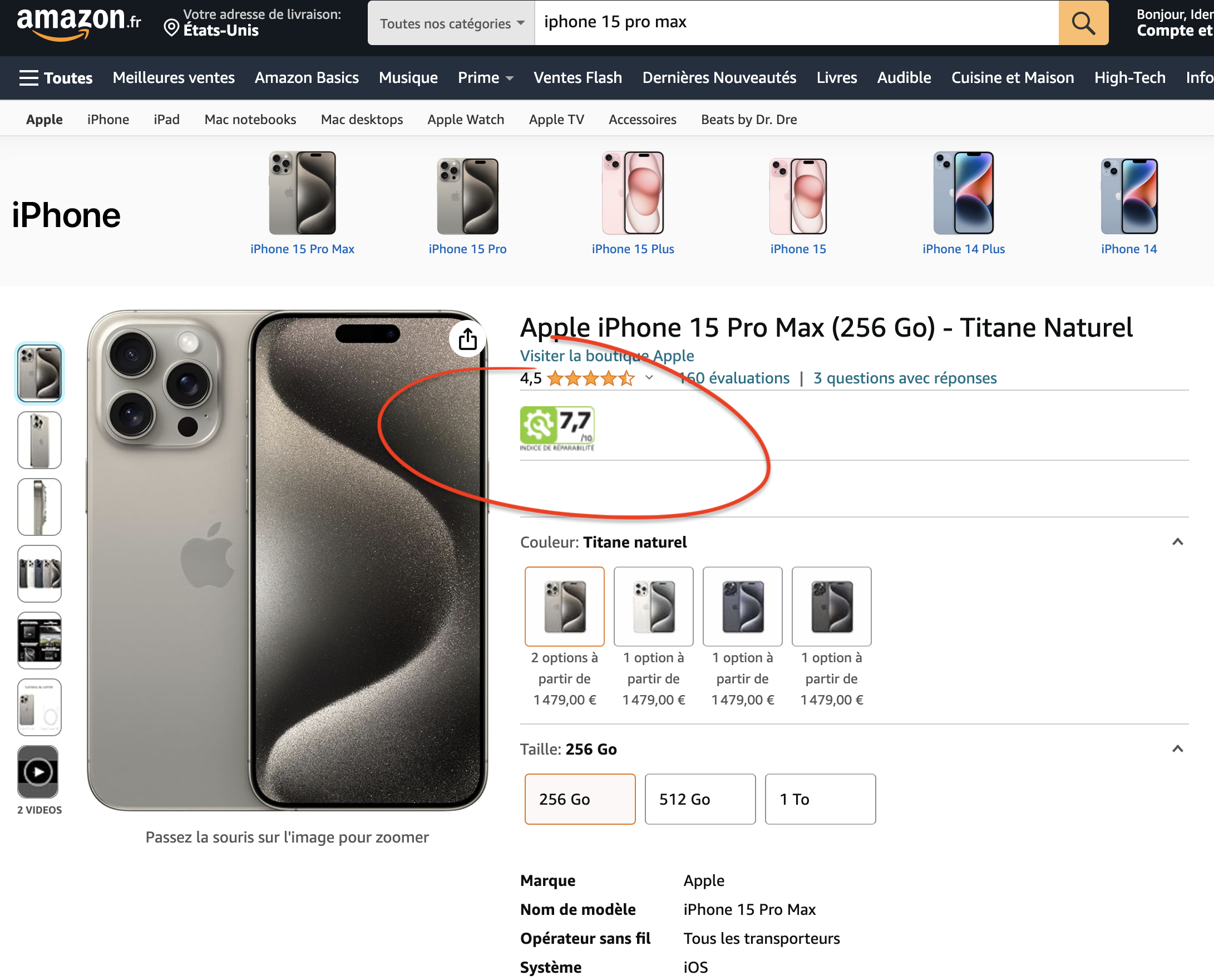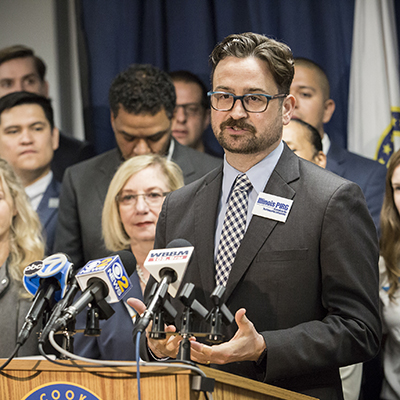
Testimony before the Cybersecurity, Data Analytics, & IT Committee in Support of HB3061 – Digital Fair Repair Act
Across the country, the Right to Repair movement is diverse, bipartisan, and growing. What unites us is simple: we just want to fix our stuff.
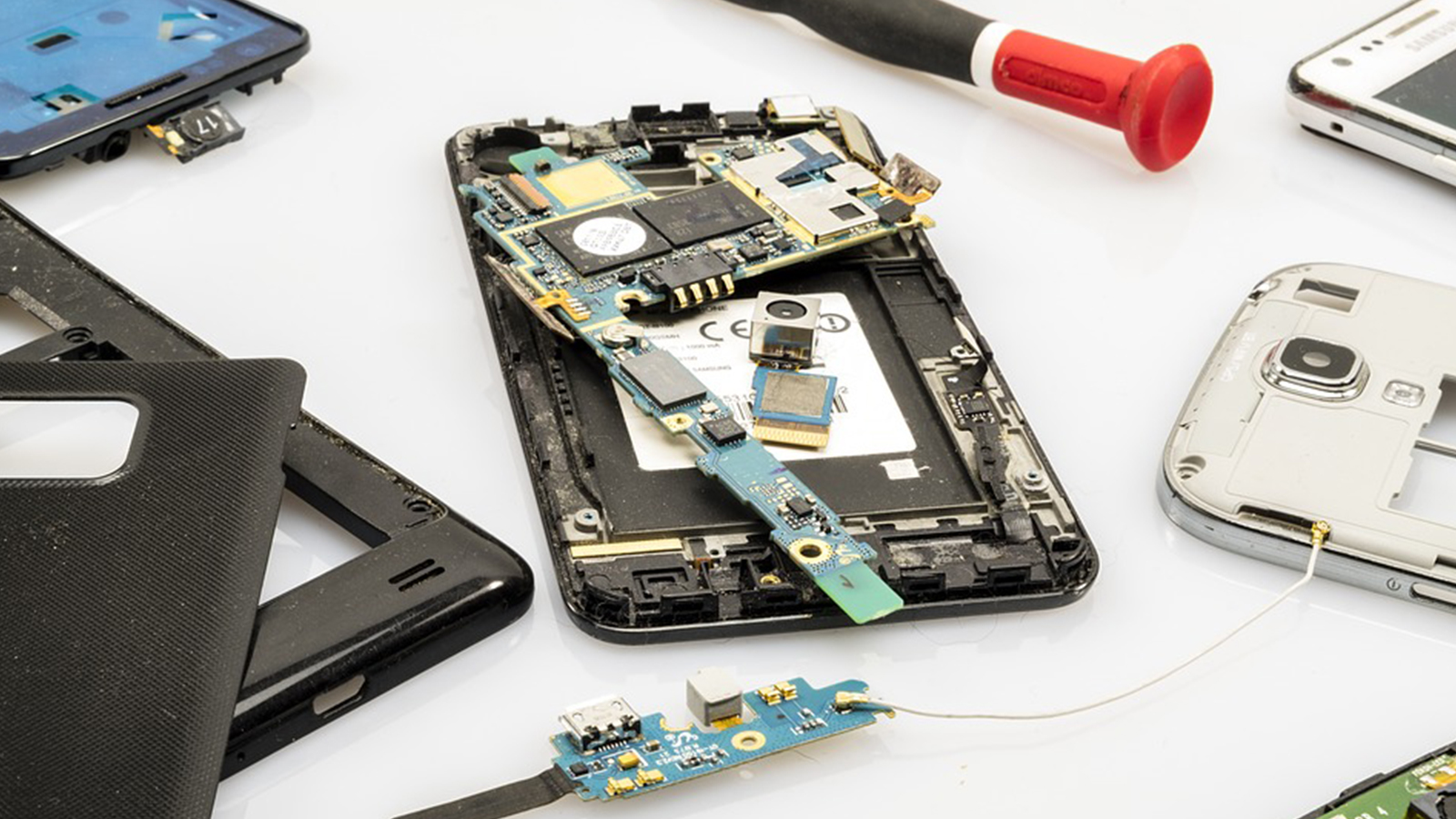
Chairperson Robinson, Vice Chairperson Gonzales, Spokesperson Wheeler, honorable members of the committee: thank you for the opportunity to testify today. My name is Abraham Scarr and I am the Director of Illinois PIRG. Illinois PIRG is a statewide, citizen funded, non-partisan public interest advocacy organization that speaks out for a healthier, safer world in which we’re freer to pursue our own individual well-being and the common good.
I wish to start by thanking Representative Mussman for her ongoing leadership on this issue, as well as thanking the diverse members of our coalition who have come together in common cause for our Right to Repair.
We just want to fix our stuff
As you will witness today, our coalition is broad and diverse, from everyday consumers to farmers, from small business repair shops to one of the largest hospital systems in the region. Across the country, the Right to Repair movement is diverse, bipartisan, and growing. What unites us is simple: we just want to fix our stuff.
It should be that when you buy a product, you own it. When you own something, you have a right of action. You can let it break down, or you can maintain it. You can keep it to yourself or lend it to a friend. But increasingly, manufacturers are trying to turn us from owners into renters. If they get their way, we won’t really own the things we buy, because we won’t be able to repair and maintain them without the permission of, and payment to, the original manufacturer or their agents.
The consequences of this are profound. It means:
-
Higher costs – When manufacturers restrict repair, we pay more. Our research found that repair can save Illinois families $1.6 billion per year, just in household consumer electronics. The additional savings for farmers, hospitals and other business owners combined would be significantly more.
-
More waste – When we lack repair options, we are more likely to buy new products than to buy used or maintain existing products. E-waste is the fastest growing waste stream in the world, and it adds toxic heavy metals like lead, mercury, and cadmium into our landfills. Illinois households produce 429,000 tons of electronic waste per year. It’s absurd to treat electronics products which are modern marvels as disposable products.
-
A loss of autonomy and resilience – Repair restrictions take away choice, self-determination, and resilience in hard times. Picture the farmer whose combine breaks down during the harvest, who must then haul their 30,000 pound machine miles and miles to the only available authorized repair facility. Or the highly skilled biomedical technician facing obstacles to repair while they scramble to keep every possible ventilator operational throughout the pandemic.
The solution is simple, and something we are all familiar with already: access to replacement parts, tools, schematics or repair manuals, and diagnostic software at “fair and reasonable” prices. We already have this with cars, thanks to a negotiated agreement – that’s why you have options beyond the car manufacturer when your car needs repairs.
“Scant evidence to support manufacturers’ justifications for repair restrictions”
You will hear today from a parade of opponents citing various reasons why such a common sense policy is unwise or unworkable, including: proprietary information, trade secrets, safety, security, and even environmental protection.
Their arguments do not withstand scrutiny. Here are two demonstrations:
First, in May 2021 the Federal Trade Commission (FTC) published a unanimous report, “Nixing the Fix: An FTC Report to Congress on Repair Restrictions.” The report was the result of over two years of research in which the FTC received 22 responses to its Call for Empirical Research and 68 public comments “from entities and associations representing the full spectrum of interested parties.” The FTC also hosted a half day workshop featuring three panels of experts with diverse viewpoints. The report concluded: “Based on a review of comments submitted and materials presented during the Workshop, there is scant evidence to support manufacturers’ justifications for repair restrictions.”
I encourage members of the Committee to keep this conclusion in mind, and press repair opponents for evidence to support their arguments for restricting repair.
Second, in November, Apple reversed its longstanding policy against selling spare parts, providing repair instructions, and making repair software tools available to customers with its announcement of a new Self Service Repair program. Apple’s sudden change indicates the concerns we have heard from industry lobbyists for years, concerns you will hear today, are overblown.
Momentum for Right to Repair
The FTC report and Apple’s announcement are two examples of the building momentum for Right to Repair. A third is President Biden’s Executive Order on Promoting Competition in the American Economy, which encourages the FTC to exercise its statutory rulemaking authority to address, among other things, “unfair anticompetitive restrictions on third-party repair or self-repair of items, such as the restrictions imposed by powerful manufacturers that prevent farmers from repairing their own equipment.”
Right to Repair is breaking through. But we cannot wait for the Federal Government to solve this problem—consumers, hospitals, farmers and fixers need repair access now. The Illinois General Assembly has the opportunity to save Illinoisans money, reduce toxic e-waste, stand up for farmers and keep our health care facilities functioning by passing HB3061.
Thank you for the opportunity to submit written testimony. I will be happy to answer any questions the committee may have.
Topics
Authors
Abe Scarr
State Director, Illinois PIRG; Energy and Utilities Program Director, PIRG
Abe Scarr is the director of Illinois PIRG and is the PIRG Energy and Utilities Program Director. He is a lead advocate in the Illinois Capitol and in the media for stronger consumer protections, utility accountability, and good government. In 2017, Abe led a coalition to pass legislation to implement automatic voter registration in Illinois, winning unanimous support in the Illinois General Assembly for the bill. He has co-authored multiple in-depth reports on Illinois utility policy and leads coalition campaigns to reform the Peoples Gas pipe replacement program. As PIRG's Energy and Utilities Program Director, Abe supports PIRG energy and utility campaigns across the country and leads the national Gas Stoves coalition. He also serves as a board member for the Consumer Federation of America. Abe lives in Chicago, where he enjoys biking, cooking and tending his garden.
Find Out More

Apple AirPods are designed to die: Here’s what you should know
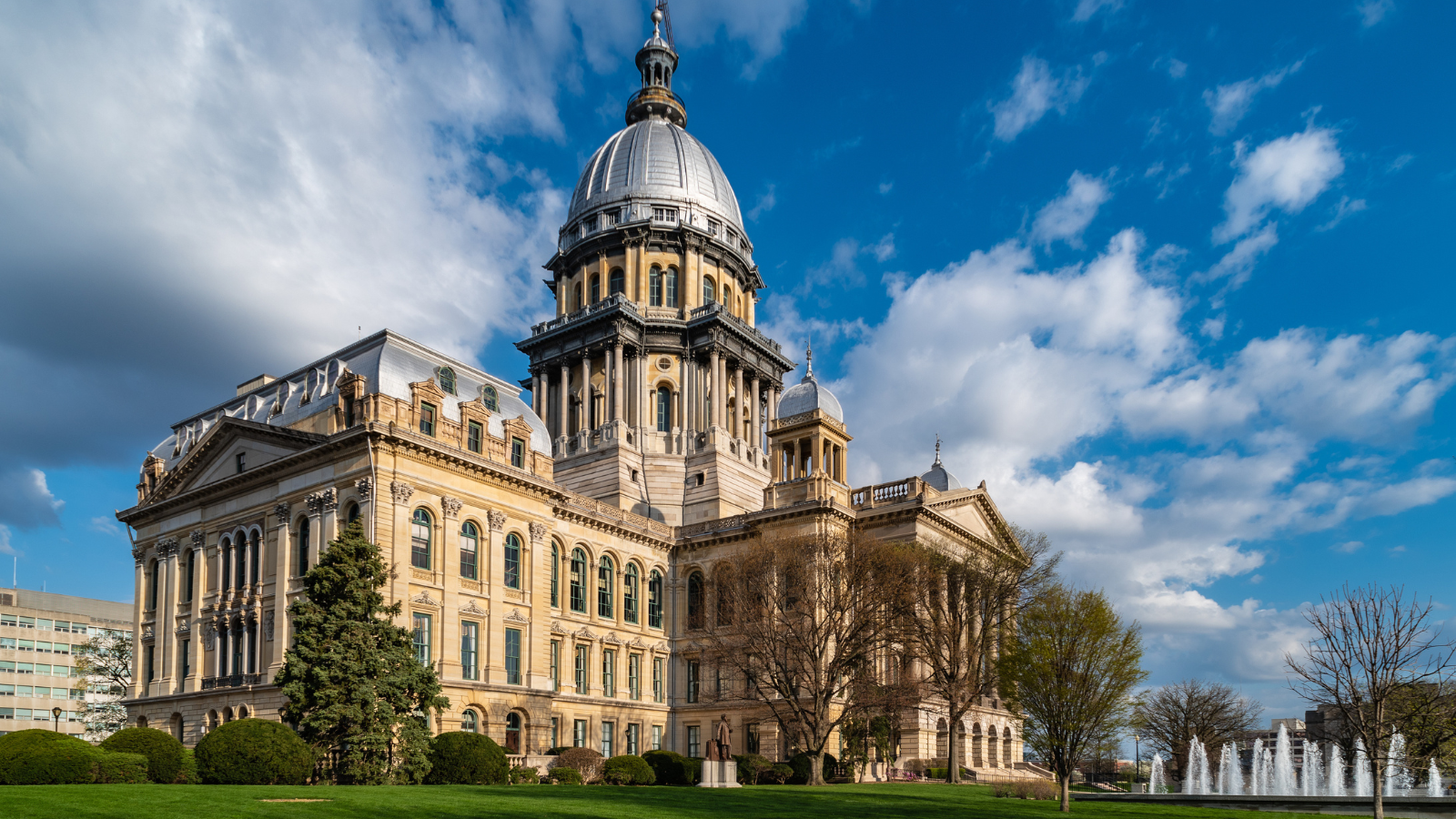
Illinois PIRG 2024 Legislative Agenda
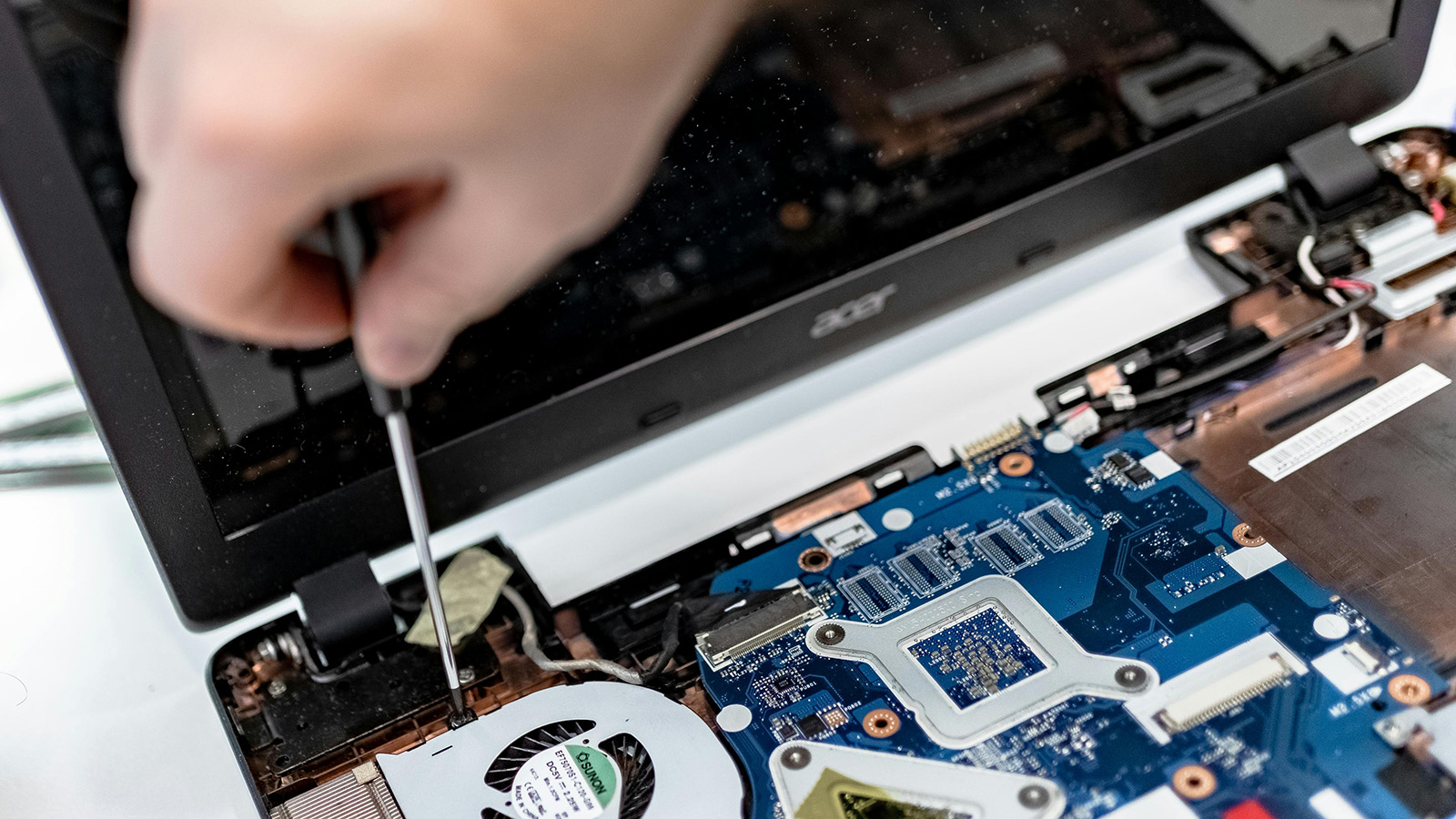
Best laptops of 2024: The most repairable laptops and why it matters
